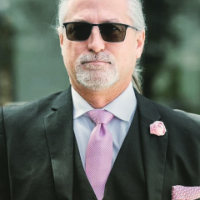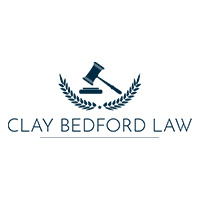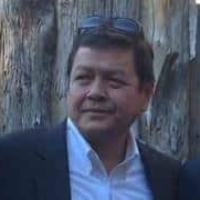Burson Felony Lawyer, California
Darrell G. Griffin
✓ VERIFIEDDUI-DWI, Misdemeanor, Felony, Criminal
Darrell started in private practice in civil law, but quickly realized a different passion. He was a prosecutor for many years. As the Department le... (more)
Clay Bedford
✓ VERIFIEDCriminal, DUI-DWI, Misdemeanor, Felony, Traffic
I am an attorney licensed to practice law in the State of California. My practice is limited to criminal defense and juvenile cases. The criminal... (more)
Richard Thomas Dudek
✓ VERIFIEDCriminal, Felony, Misdemeanor, White Collar Crime, DUI-DWI
Certified Criminal Law Specialist
Richard Dudek knows the Sacramento courts, procedures and prosecutors. Our highly skilled defense team includes licensed private investigators who use... (more)
Karna Elizabeth Harrigfeld
Real Estate, Visa, Environmental Law, Felony, Bankruptcy
Status: In Good Standing Licensed: 32 Years
Grant Leonard Carey Brooks
Criminal, DUI-DWI, Misdemeanor, Felony
Status: In Good Standing Licensed: 37 Years
Peter John Marek
Felony, DUI-DWI, Misdemeanor, Accident & Injury
Status: In Good Standing Licensed: 41 Years
Timothy Jude Quinn
Criminal, DUI-DWI, Misdemeanor, Felony, Traffic
Status: In Good Standing Licensed: 37 Years
FREE CONSULTATION
CONTACTDavid Carl Beyersdorf
White Collar Crime, Felony, DUI-DWI, Criminal, Car Accident
Status: In Good Standing Licensed: 20 Years
Sage BlackOwl
Criminal, DUI-DWI, Felony, Misdemeanor, White Collar Crime
Status: In Good Standing Licensed: 10 Years
FREE CONSULTATION
CONTACT



